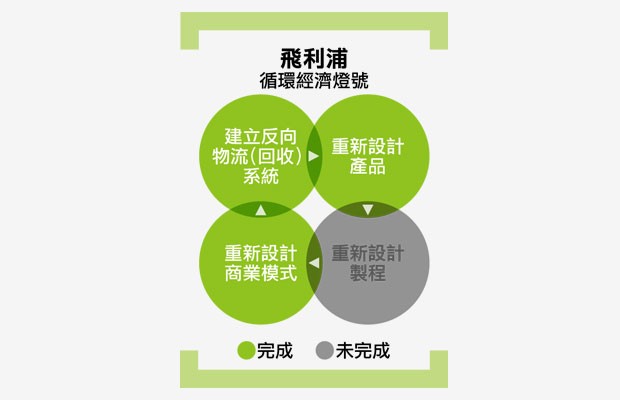The light bulbs in the largest airport in the Netherlands are not bought, but rented with Philips. Philips, which has been selling "lighting hours and not selling light bulbs" for five years, has rewritten the business model, extended the life of the bulbs, saved a large amount of raw materials for the products, and saved the airport energy and carbon.

In 2011, Philips launched the “Pay per Luxâ€, an innovative service that “does not sell light bulbs and sells lighting hoursâ€, and has already applied it to Schiphol Airport in the Netherlands.
Philips and Schiphol Airport signed a fifteen-year "Lighting Service Solution" contract, designed by Philips to meet 3,700 LED luminaires and lighting equipment according to airport demand.
Philips retains ownership of the lighting equipment and arranges all management and maintenance during the contract period. The airport only needs to pay a fixed service fee per month.
Through the networked device, Philips monitors the operation and power consumption of the lighting equipment at any time. When a fault occurs, it is dispatched to repair and maintain the state of optimal energy efficiency. The replaced lamps are directly recycled and reused by Philips.
Thomas Rau, a pioneer in the European recycling economy who helped Philips design PayperLux, said, "When product ownership returns to the manufacturer, many behaviors will change."
Raul explained, first of all, because of the monthly fixed service fee, Philips hopes that the fewer times the product will be repaired or replaced during the contract period, the lower the cost and the higher the profit.
In order to achieve this goal, Philips has the motivation to design the product to be more durable, easier to disassemble and repair.
After the launch of Pay per Lux, Philips redesigned the LED bulb to move the easily faulty drive from the inside to the outside of the bulb. If it is replaced, the entire bulb will not be lost, which will not only prolong the service life but also reduce the waste bulb. .
On the other hand, they also hope that the same lighting equipment will be reused as many times as possible, and will actively take the responsibility of recycling, because recycling has become one of the means to reduce costs.
For customers, they can spend the least money and use the best products and services.
Because of the management and maintenance of lighting equipment by Philips, Schiphol Airport has reduced electricity consumption by half, saving electricity and reducing carbon emissions.
"And on the company's balance sheet, there is one less capital expenditure, which is also helpful for overall finance and operations," said Liebitch, a Philips circular economy project manager.
Laubacher went on to emphasize, "If you want to truly achieve sustainable development, you must find a way to decouple from the 'continuous consumption of raw materials', that is, use the same or less resources for yourself and Customers create more value."

Why we recommend iPhone 8 Battery Replacement with TI IC?
1. TI IC is original method for iPhone Battery.
2. Charging more faster, less fever heat to save battery life.
3. Accurate battery power monitoring.
4. Keep stable performance and controlable temperture.
5. The battery with TI IC more safe, charge more faster, lasts longer life.
iPhone 8 Battery TI IC,iPhone 8 Li-ion Battery Original,iPhone 8 Li-ion Battery
Shenzhen Aokal Technology Co., Ltd. , https://www.aokal.com
